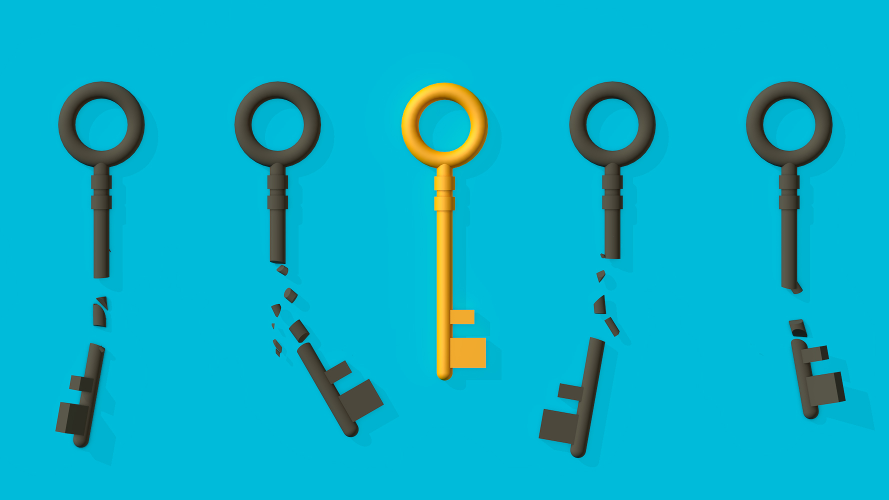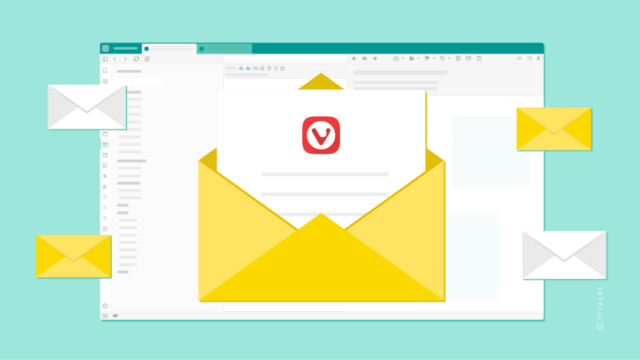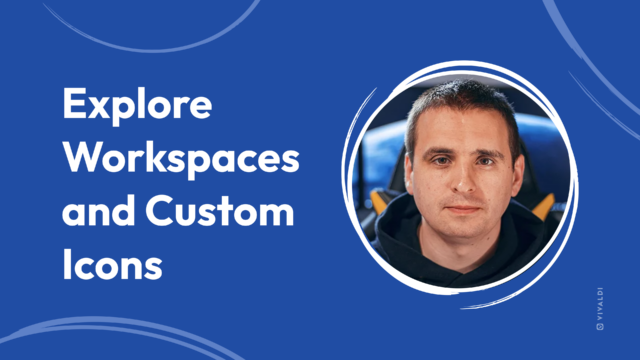
As it’s Data Privacy Day, and with Vivaldi celebrating the anniversary of its first public release (congratulations!), it’s a good time to look into how we can keep our personal browsing habits and online data as private and secure as possible. Here we offer five tips that are relatively easy to follow, but will make a big impact on the digital footprint you leave on the web.
Do a privacy audit of your devices
Your devices, especially mobile phones, know more about you than your closest friends! Sadly, they may be also more prone to sharing your secrets than your friends, but there are easy steps you can take to improve this. We’ve put together a series of guides to greatly enhance the privacy of your devices. They vary depending on the operating system of course, but there are concepts that are consistent throughout, such as device encryption, restricting permissions to data-collecting sensors, and removing apps that you don’t trust or no longer use.
Power-up your passwords
With so many online services requiring passwords, and so many people trying to get access to your data, it’s never been more important to use passwords that are not just unique for each service, but strong enough to keep you safe. As you probably know, this ideally means many different longer passwords, which can be hard to remember, so we recommend the use of a password manager such as LastPass. You’ll still need a strong master password though, so take a look at a couple of handy strategies by the Freedom of the Press Foundation using song lyrics and dice.
Find alternatives to Google
Google is the biggest culprit when it comes to web tracking, with hidden trackers found on around 76% of the top million websites, according to a study by Princeton’s WebTAP privacy project. Google’s monopolistic position also means they wield unprecedented power, being able to put users in a search filter bubble and stifling competition, as Jon von Tetzchner recently expounded on. The good news is that it’s possible to live without Google, and may even be easier than you think. We’ve put together a list of more private alternatives to several of their products and services.
Consider a VPN or Tor
Encrypted connections keep your browsing activity safe, but not all websites offer this. Consequently, your ISP or others on the same local network are able to see everything you’re viewing, visiting and typing on unencrypted sites. Two ways of protecting against this are VPNs and Tor.
- A VPN creates a secure tunnel from your device to the Internet. You continue to use the web and email as usual, with your traffic visible only to you and the VPN provider. For this reason it’s essential to choose a VPN provider you fully trust.
- Tor is an alternative that, unlike a VPN, routes your traffic through multiple nodes, each one adding a new layer of privacy. It’s the closest to being anonymous online, but the downside is a potentially slow Internet experience.
Install a privacy-protecting extension or app
You don’t have to make big compromises or drastic changes to your behavior to enjoy better privacy online. Tools and plugins can enhance your privacy while you continue to use your software or devices as normal, but without the tracking that has become so pervasive. In fact, we’ve just released a browser extension for Vivaldi and mobile app that block trackers, use encrypted connections to websites where possible, and show a privacy grade for each site you visit. We want privacy protection to be as simple as closing the blinds at night!
With more people taking action to regain control of their personal information, we hope we can look forward to a change in attitude in the tech industry, towards greater transparency and treatment of privacy as a right, not a feature.


